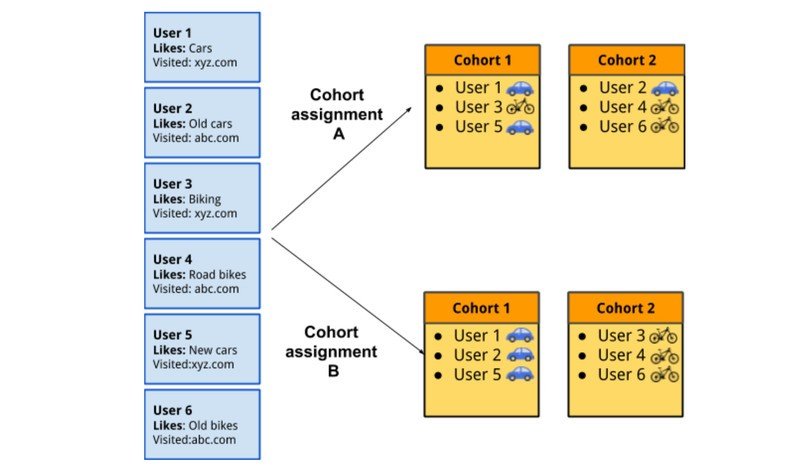Google starts testing its replacement for third-party cookies on Chrome

Get the latest news from Android Central, your trusted companion in the world of Android
You are now subscribed
Your newsletter sign-up was successful
What you need to know
- Google is begun testing its FLoC web technology on Chrome.
- FLoC is part of Google's Privacy Sandbox and is meant to replace third-party cookies that collect browsing information.
- FLoC will address browsing privacy by grouping users together as opposed to individualized ad-targeting.
Last year, Google announced that it was preparing to research ways to eliminate third-party cookies that track data when browsing on the best Android phones to supply targeted ads on Chrome. Over the years, Google has received tons of backlash over its privacy practices, particularly when it comes to search ads, so this is a way to address that. Unfortunately, it's received a new set of complaints from both ad companies and state attorneys over possible implications of the new technology. Despite that, Google seems to be moving full-steam ahead with its new FLoC web technology, which starts testing on Chrome today.
In a nutshell, the Federated Learning of Cohorts (FLoC) aims to replace cookies that track personal browsing data by placing these users (or "cohorts" in this case) into groups, keeping individual users from being identified.
And while you can currently hide some of your browsing data if you know how to make your Chrome searches invisible with Incognito Mode, a recent lawsuit brought to light some of the faults with this approach. By introducing FLoC, third-party ads can only target groups and not individual users, and your cohorts can change based on your browsing history.
Our Jerry Hildebrand has highlighted the benefits that could come out of this new approach, some of which are echoed by the Privacy Sandbox product manager, Marchall Vale, who states that the browsing information is processed locally on your device:
With FLoC, your browser determines which cohort corresponds most closely to your recent web browsing history, grouping you with thousands of other people who have similar browsing histories. The identification number of the cohort is the only thing provided when requested by a site. This is different from third-party cookies, which allow companies to follow you individually across different sites.
Google has started testing the new approach in Australia, Brazil, Canada, India, Indonesia, Japan, Mexico, New Zealand, the Philippines, and the U.S., although anyone who has blocked third-party ads in Chrome won't be included. Next month, Google plans to introduce controls in Chrome that let users opt-in or out of Privacy Sandbox proposals such as this one.
The technology has recently come under fire for potentially providing Google with too much control over ads on its platform.
Get the latest news from Android Central, your trusted companion in the world of Android

Derrek is the managing editor of Android Central, helping to guide the site's editorial content and direction to reach and resonate with readers, old and new, who are just as passionate about tech as we are. He's been obsessed with mobile technology since he was 12, when he discovered the Nokia N90, and his love of flip phones and new form factors continues to this day. As a fitness enthusiast, he has always been curious about the intersection of tech and fitness. When he's not working, he's probably working out.

